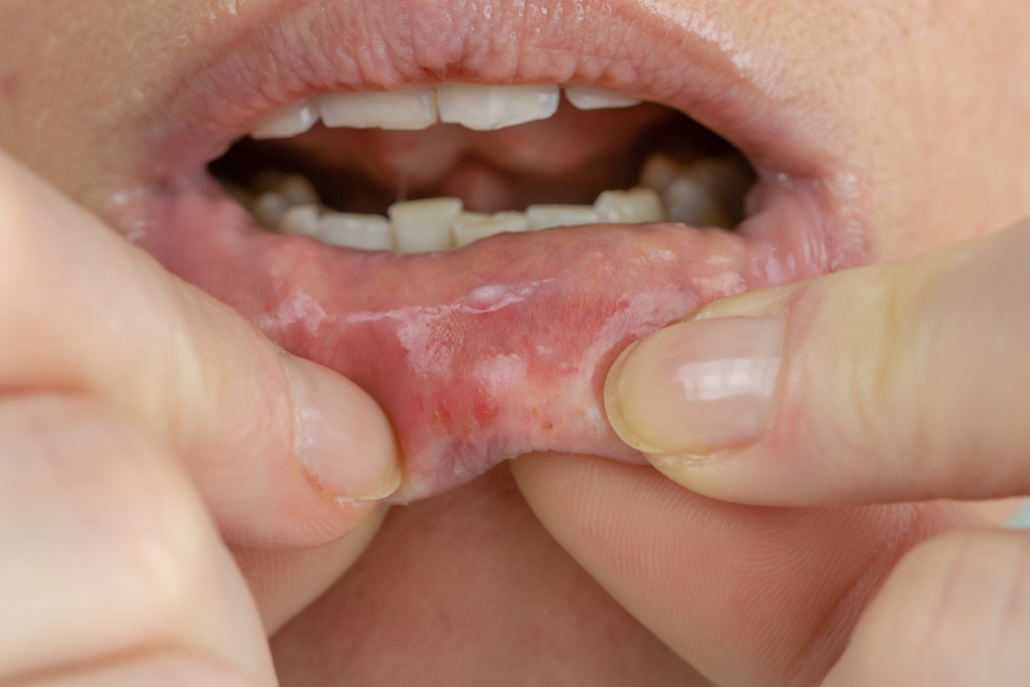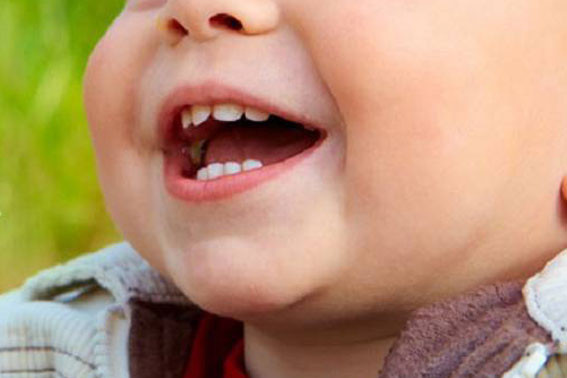Although oncological treatments on pediatric patients have considerably increased their effectiveness, there are some contraindications, such as the correlation between chemotherapy and oral mucositis, which are still difficult to overcome.
Oral mucositis as a consequence of oncological therapies

Oral mucositis is one of the most troublesome and debilitating consequences for children who are given chemotherapy therapies.
The origin of the link between chemotherapy and mucositis is to be found in the biological response of the epithelia and oral mucosa to stomatotoxic agents present in oncological therapies.
The severity of oral mucositis in pediatric cancer patients also depends on a number of factors:
- duration of chemotherapy therapy;
- dose quantity;
- degree of salivation of the patient;
- chemical properties of the patient’s saliva.
There are clinical cases in which oral mucositis is not only the consequence of the toxicity of oncological drugs, but is also linked to the psychological stress factor related to gastroesophageal reflux.
Chemotherapy and oral mucositis: frequent symptoms

Among the main symptoms of oral mucositis that appear in children following chemotherapy are:
- oral mucosa with diffuse opalescence;
- pharyngeal pain;
- difficulty swallowing;
- clenching of teeth;
- hyperkeratosis;
- irritation of the tongue.
The COMEDY pattern in relation to mucositis and chemotherapy

A group of researchers from the University of Brescia analyzed a sample of children undergoing chemotherapy who were diagnosed with a consequent oral mucositis.
Researchers focused on some of the symptoms presented by young cancer patients, most notably the tendency to clench their teeth continuously.
It is a behavior due to the discomfort and pain that mucositis causes. Prolonged clenching of the teeth causes edema of the oral mucosa, the bite of the teeth becomes visible on the tissues of the oral cavity and also on the tongue.
Young patients also tend to close their eyes and hunch their shoulders, a behavior dictated by strong psychological stress and prolonged pain in the oral cavity. The set of the following symptoms detected by empirical observation:
- clenching;
- oral mucositis;
- closed eyes;
- dysphagia;
have been configured in a pattern called COMEDY – Clenching Oral Mucositis Eyes Dysphagia.
A timely recognition of the COMEDY pattern in the relationship between chemotherapy and mucositis allows dentists and psychologists to develop a common intervention therapy. On the one hand a psychological support therapy to relieve the stress of the child, on the other a dental therapy useful for lining the oral mucosa with a treatment to relieve pain and a drug therapy based on anti-inflammatories.
The interdisciplinary collaboration between psychologist and dentist allows to manage the child’s pain in an adequate way, improving the quality of life of the little patient.
















